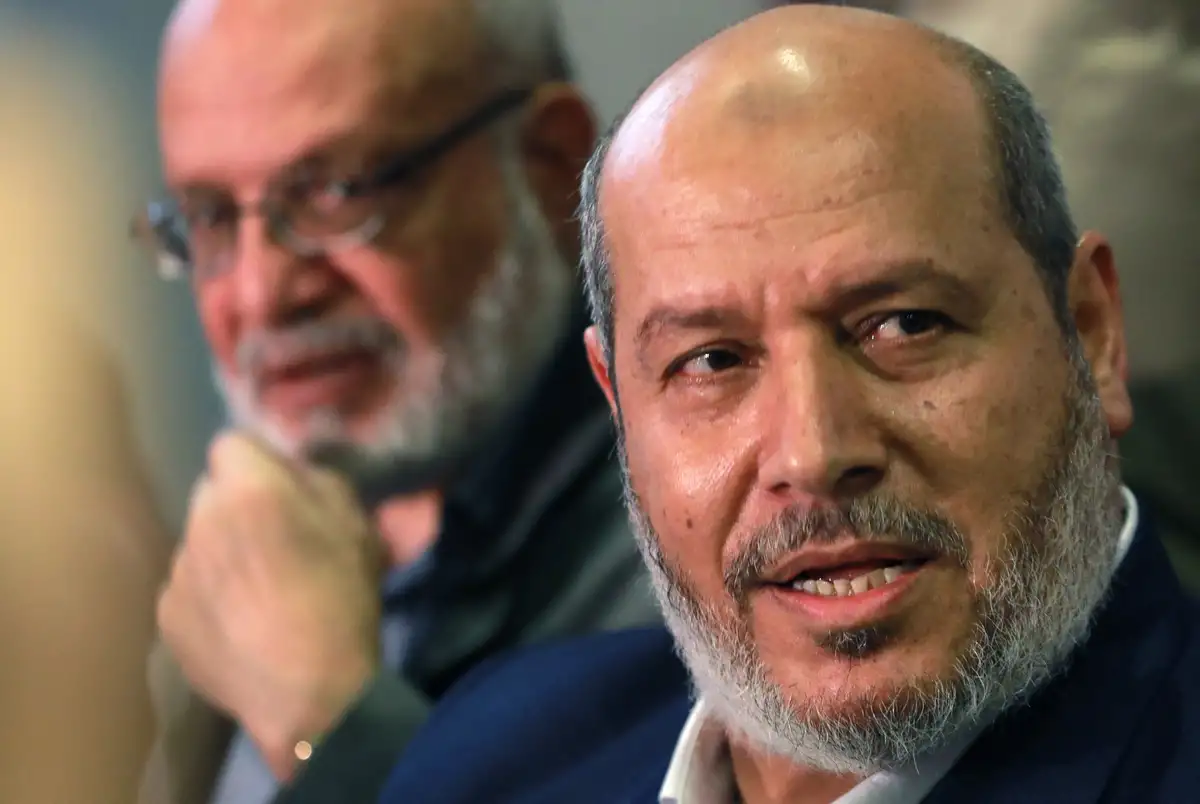Yet exactly how “occupation” is defined is unclear, with Hamas figures often publicly stating that the very existence of Israel is a form of occupation.
During the same interview, al-Hayya also stated that Hamas had reached a deal with rival Palestinian factions, including Fatah, to form a technocratic governing committee to administer Gaza.
He did not, however, clarify when or how such a committee would be established and whether Hamas officials would participate.
Both Israel and the US have insisted that Hamas can play no role in the future governance of Gaza.
Al-Hayya’s statement also contradicted one issued by Fatah last week, in which the Palestinian Authority’s largest party dismissed the concept of such a committee and insisted that the PLO was the only viable mechanism to govern both the West Bank and Gaza.
Meanwhile, Jordan’s King Abdullah gave a separate interview to the BBC, during which he appeared to question the proposal for a neutral peacekeeping force, known as the International Stabilisation Force (ISF), included in the Trump plan.
Countries including Indonesia, Pakistan and Azerbaijan are reportedly expected to contribute troops, but Israel has insisted it must have veto power over any country’s involvement, especially in light of concerns that Turkish soldiers could be stationed in the region – something Prime Minister Netanyahu is understood to see as a “red line”.
But the Jordanian monarch suggested that the international community would reject the idea of “enforcing” peace in the Strip through the ISF, saying: “What is the mandate of security forces inside of Gaza?
“We hope that it is peacekeeping, because if it’s peace-enforcing, nobody will want to touch that.
“Peacekeeping is that you’re sitting there supporting the local police force, the Palestinians, which Jordan and Egypt are willing to train in large numbers, but that takes time.
“If we’re running around Gaza on patrol with weapons, that’s not a situation that any country would like to get involved in.”

